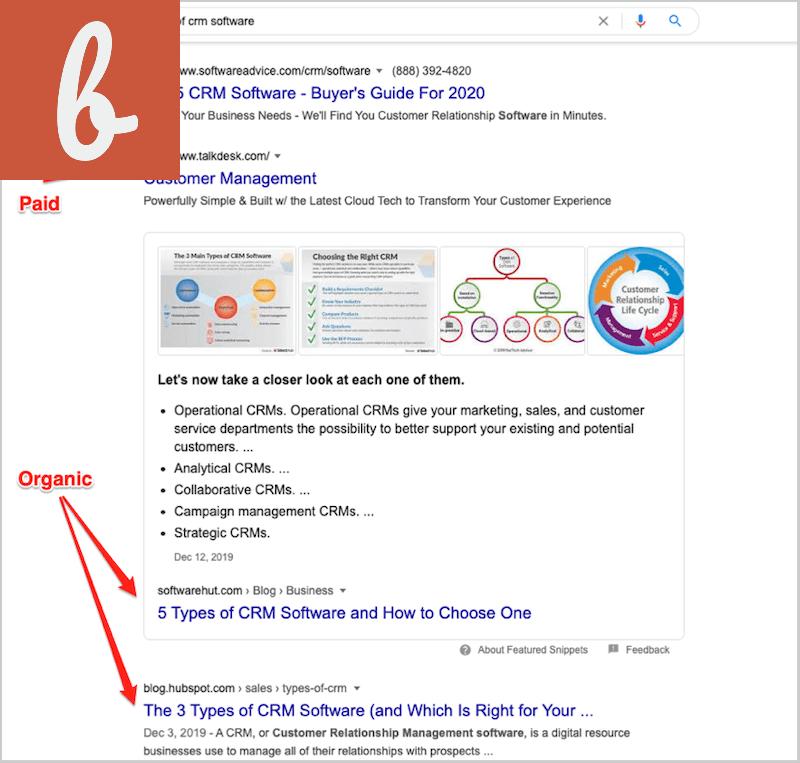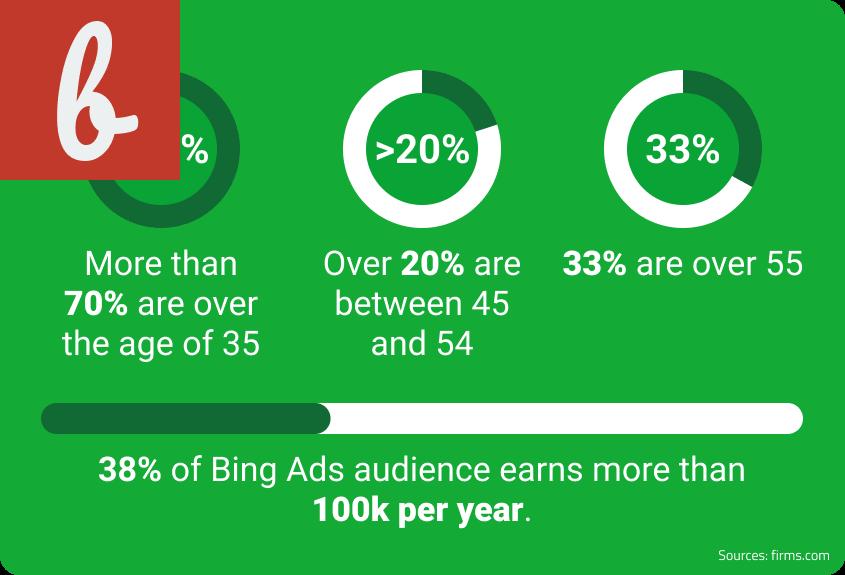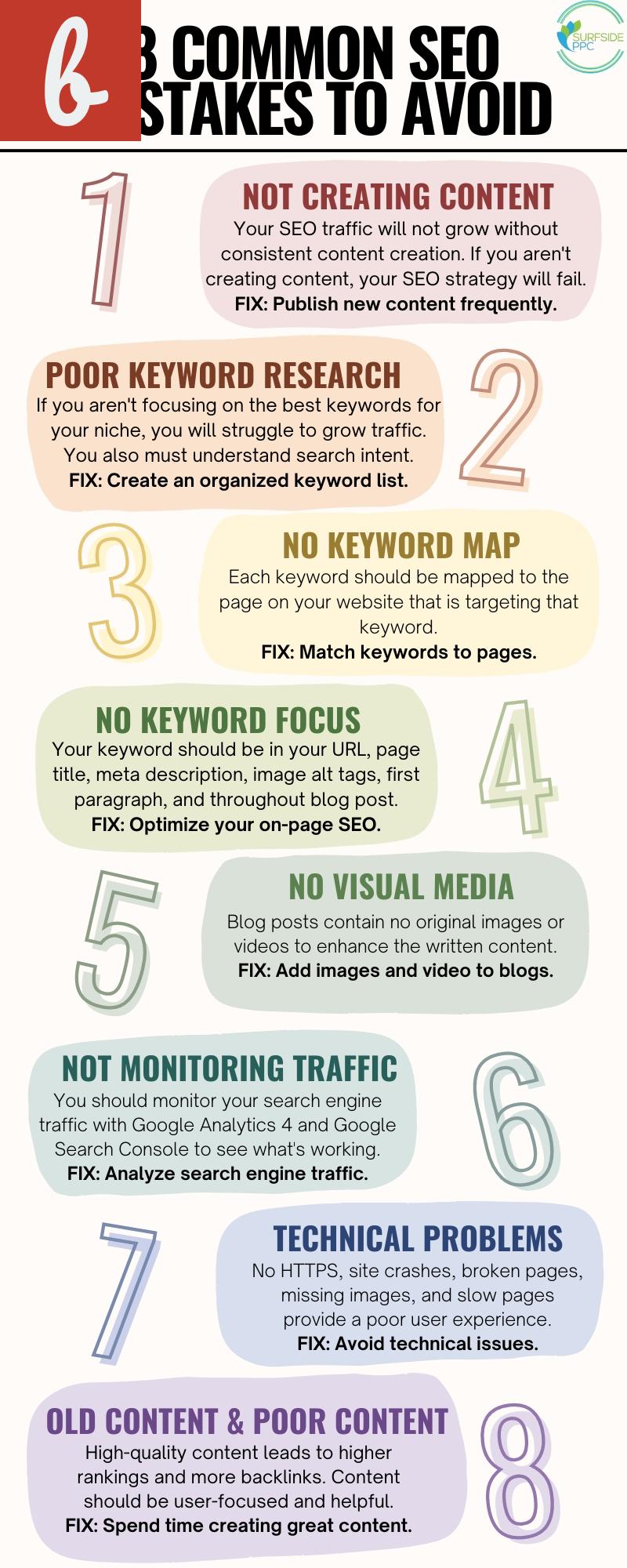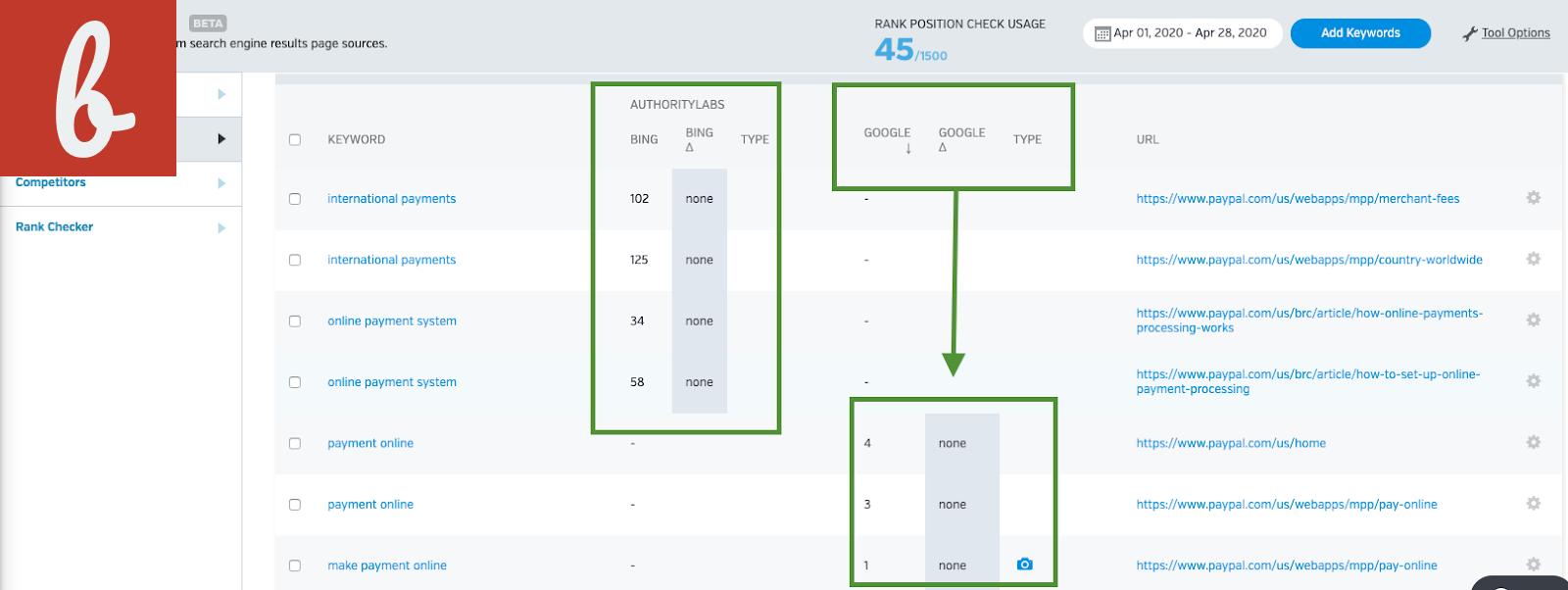Main Title
Are you looking to optimize your website's search engine rankings? Are you constantly monitoring your website's performance on search engine results pages (SERPs)? If so, then a reliable SERP tracker is an indispensable tool for your business. In this guide, we will help you select the perfect SERP tracker for your specific needs.
Before diving into the selection process, let's understand what a SERP tracker does. A SERP tracker is a software tool that allows you to monitor and track the position of your website's keywords on search engine results pages. It provides valuable insights into how your website is performing, identifies areas for improvement, and helps you stay one step ahead of your competition.
- Accurate Data: When choosing a SERP tracker, accuracy is crucial. You need a tool that provides reliable and precise data to ensure your SEO efforts are effective. Look for a tracker that uses advanced algorithms and continuously updates its database to provide you with accurate and real-time rankings.
- Keyword Tracking: Make sure the SERP tracker you choose offers comprehensive keyword tracking. It should allow you to monitor a wide range of keywords that are relevant to your website and business. Additionally, look for features like historical data analysis and keyword suggestions to enhance your SEO strategy.
Another important aspect to consider is the user interface and ease of use. A user-friendly interface makes it easier to navigate through the tool's various features and understand the data presented. Look for a SERP tracker that offers a clean and intuitive dashboard, customizable reports, and easy-to-interpret visuals.
Data Analysis: In addition to accurate data and keyword tracking, a good SERP tracker should provide in-depth data analysis and insights. Choose a tool that offers detailed reports, visualizations, and competitor analysis. This will help you identify patterns, discover opportunities, and make informed decisions regarding your SEO strategy.
Reporting and Integration: When selecting a SERP tracker, consider its reporting capabilities and integration options. Look for a tool that allows you to generate customized reports with key performance indicators (KPIs) and share them with your team or clients. Integration with other SEO tools and platforms is also essential for seamless workflow and data sharing.
Finally, check the pricing and scalability of the SERP tracker. Evaluate your budget and choose a tool that offers a pricing plan suitable for your business requirements. Additionally, consider the tool's scalability to ensure it can accommodate the growth of your business and the increasing volume of keywords you need to track.
In conclusion, selecting the perfect SERP tracker requires careful consideration of various factors such as accuracy, keyword tracking, user interface, data analysis, reporting, integration, pricing, and scalability. By evaluating these aspects, you will be able to choose a SERP tracker that caters to your specific needs and helps you achieve your SEO goals effectively.
Top Tips for Choosing the Best Google SERP Tracker for Your Business
When it comes to running a successful online business, it is essential to keep track of your website's performance on search engine result pages (SERPs). Google SERP tracking is the process of monitoring and analyzing the rankings of your website's keywords on Google's search engine results.
Tracking your website's rankings is crucial because it helps you gauge your online visibility and understand how well your SEO efforts are performing. It also allows you to identify opportunities for improvement and stay ahead of your competitors.
- Accuracy: One of the most important factors to consider when choosing a Google SERP tracker is accuracy. The tracker should provide real-time and accurate data on keyword rankings. Look for a tool that uses reliable and up-to-date data sources to ensure the information you receive is as accurate as possible.
- Features: Different SERP trackers offer various features and functionalities. Consider your specific needs and look for a tool that aligns with them. Some common features to look for include keyword monitoring, competitor analysis, historical data, and reporting.
- User-Friendliness: A user-friendly interface makes it easier to navigate and analyze the data. Look for a SERP tracker that has a clean and intuitive interface, making it easy for you to understand and interpret the rankings data effectively.
- Customization Options: Every business has unique tracking requirements. A good SERP tracker should allow you to customize and tailor the tracking settings to meet your specific needs. Look for a tool that offers flexibility in tracking locations, devices, and search engines.
- Pricing: Cost is always a consideration when choosing any business tool or service. Compare the pricing plans of various SERP trackers and evaluate them against the features and value they provide. Look for a tool that offers a balance between affordability and functionality.
Remember, the best Google SERP tracker for your business may vary depending on your specific needs and preferences. Consider trying out free trials or demos of different trackers to determine which one fits your requirements the best.
Using a reliable and accurate SERP tracker is critical for monitoring your website's performance on Google's search engine result pages. It can provide valuable insights and help you make data-driven decisions to improve your online visibility and outrank your competitors. With the right SERP tracker, you can track your keyword rankings efficiently and stay ahead in the competitive online landscape.
Main Title: A Comprehensive Comparison of Google SERP Trackers for Your Business
If you own a business and are looking to improve your search engine rankings, it's crucial to track your website's performance on Google's search engine results pages (SERPs). This is where Google SERP trackers come into play, providing valuable data on how your website ranks for specific keywords. However, with a plethora of options available, choosing the right SERP tracker for your business can be a daunting task. In this article, we will compare different Google SERP trackers to help you make an informed decision.
One of the top SERP trackers is Tracker 1. It offers in-depth analysis of your website's performance on Google SERPs, allowing you to track keyword rankings over time. The platform provides real-time updates, keyword suggestions, and competitor analysis. With its user-friendly interface, you can easily generate comprehensive reports and monitor your SEO progress.
Tracker 2 is another powerful tool that offers advanced SERP tracking features. It provides accurate keyword ranking data, enables competitor tracking, and offers insights on search volume and keyword difficulty. With its comprehensive analytics and customizable reports, you can keep a close eye on your website's performance across various search engines.
- Key features of Tracker 1:
- Real-time keyword ranking updates
- Competitor analysis
- Keyword suggestions
- User-friendly interface
- Key features of Tracker 2:
- Accurate keyword ranking data
- Competitor tracking
- Insights on search volume and keyword difficulty
- Customizable reports
Next, we have Tracker 3, which offers a unique set of features for in-depth SERP analysis. It provides historical data, giving you insights into your website's ranking fluctuations. Additionally, Tracker 3 offers localization tracking, allowing you to see how your website performs in different regions. With its competitor monitoring and rank change alerts, you can stay ahead of the competition and optimize your SEO strategy effectively.
If you are on a budget, Tracker 4 is an excellent option. It offers basic SERP tracking features at an affordable price. While it may lack some advanced functionality, it still provides accurate keyword ranking data and allows you to monitor your website's performance over time.
In summary, choosing the right Google SERP tracker is crucial for monitoring your website's performance and optimizing your SEO strategy. Whether you prioritize advanced analytics, real-time updates, or affordability, there is a SERP tracker that suits your needs. Consider your budget, required features, and the size of your business to make an informed decision. Implementing the right SERP tracking tool can help you identify areas for improvement and boost your website's visibility on Google SERPs.
Key Factors to Consider When Selecting a Google SERP Tracker for Your Business
Search Engine Results Pages (SERPs) play a crucial role in driving traffic to your business website. Understanding how your website ranks on Google is essential for improving your online visibility and increasing organic traffic. This is where a Google SERP tracker comes into play. Choosing the right SERP tracker for your business can have a significant impact on your SEO strategy and overall success. Here are some key factors to consider when selecting a Google SERP tracker:
1. Accuracy: The accuracy of the SERP tracker is of utmost importance. It should provide accurate and up-to-date ranking information. Make sure the SERP tracker you choose has a reputation for delivering reliable results.
2. Keyword Tracking: Look for a SERP tracker that allows you to track multiple keywords. This will enable you to monitor the performance of your website for different keywords and identify areas for improvement.
3. Competitor Analysis: A good SERP tracker should offer competitive analysis features. This will allow you to compare your website's performance against your competitors and gain insights into their SEO strategies.
4. Visibility Metrics: It's essential to have access to visibility metrics that provide an overview of your website's performance. These metrics can include search volume, click-through rates (CTR), and average position. Having this information will help you measure your SEO efforts effectively.
- Search Volume: This metric tells you how many times a keyword is searched for on Google.
- Click-through Rates (CTR): CTR indicates the percentage of users who click on your website link in the search results.
5. Reporting and Analytics: Choose a SERP tracker that offers detailed reporting and analytics features. This will allow you to track the progress of your SEO campaigns, identify trends, and make data-driven decisions to improve your website's visibility.
6. Mobile Tracking: With the increasing number of mobile users, it is crucial to select a SERP tracker that provides mobile tracking capabilities. Mobile search results can differ from desktop results, and tracking both will give you a comprehensive view of your website's performance.
7. User-Friendly Interface: The SERP tracker should have an intuitive and user-friendly interface. Look for a tool that is easy to navigate and provides clear and organized information.
8. Customization and Flexibility: Consider a SERP tracker that offers customization options to fit your business needs. The ability to tailor the tool based on your requirements will make it more effective in tracking and analyzing your SEO performance.
9. Pricing: Compare the pricing plans of different SERP trackers. Consider the features offered in each plan and ensure they align with your business goals and budget. Look for trackers that provide value for money.
10. Customer Support: Finally, consider the level of customer support provided by the SERP tracker. It's important to choose a tracker that offers excellent customer support, in case you encounter any issues or have questions.
In conclusion, selecting the right Google SERP tracker is crucial for monitoring and improving your website's search engine rankings. Consider the factors mentioned above to make an informed decision that best fits the needs of your business. Remember, accurate tracking, keyword analysis, competitive insights, and user-friendly reporting are the key aspects to look for when choosing a SERP tracker.
Choosing the Right Google SERP Tracker for Your Business
When it comes to running a successful online business, keeping track of your website's search engine rankings is of utmost importance. This is where a Google SERP tracker comes into play. It is a tool that allows you to monitor how well your website is performing in Google's search engine results pages (SERPs). However, not all SERP trackers are created equal, and choosing the right one can make a significant difference to your business's success.
The first thing to consider when selecting a SERP tracker is its accuracy. You need a tool that provides reliable and real-time data. Outdated or faulty information can mislead you and harm your business. Look for a tracker that uses advanced algorithms and technology to ensure accurate ranking reports.
- Accurate ranking reports
- Real-time data
- Advanced algorithms
Another crucial factor to consider is the depth of data provided by the SERP tracker. You want a tool that goes beyond just ranking positions and provides a comprehensive understanding of your website's performance. This includes key metrics such as organic visibility, search volume, keyword trends, and competitor analysis.
Comprehensive data
Furthermore, user-friendly interface and ease of use are essential when choosing a SERP tracker. The tool should be intuitive and allow you to quickly navigate through its features. Spending excessive time trying to figure out how the tool works can be counterproductive.
User-friendly interface
Additionally, a good SERP tracker should offer valuable insights and reporting features. It should provide you with detailed reports that are easy to understand. These reports should help you identify areas for improvement and make data-driven decisions. Look for features like keyword suggestions, rank tracking history, and competitor analysis to further enhance your SEO strategies.
- Detailed reports
- Keyword suggestions
- Rank tracking history
- Competitor analysis
Lastly, the cost of the SERP tracker is an important consideration. While it is tempting to opt for a free or low-cost tool, keep in mind that quality often comes with a price. Investing in a reputable SERP tracker is a wise decision, as it will provide you with more accurate data and advanced features that can significantly impact your business's success.
Invest in quality
In conclusion, choosing the right Google SERP tracker is crucial for your business's success. Look for a tracker that offers accurate ranking reports, comprehensive data, a user-friendly interface, valuable insights, and excellent reporting features. Investing in a high-quality SERP tracker will help you make informed decisions and stay ahead of your competition in the online world.




Comments on "How To Choose The Right Google SERP Tracker For Your Business "
No comment found!